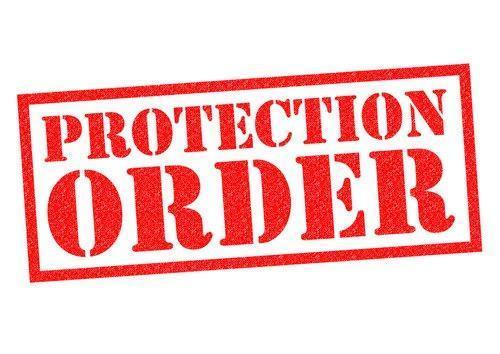630-462-9500
After Hour New Client Telephone Number 630-690-6077
1776 S. Naperville Road, Building B, Suite 202,
Wheaton, IL 60189
Challenging an Order of Protection in Illinois Courts
 Domestic violence continues to be a serious issue all across the United States, including in Illinois. One of the ways the state has tried to address these problems is through the Illinois Domestic Violence Act. This law established a way for victims to get orders of protection, also called restraining orders, issued from the courts to help keep abusers away from victims and the victim's children. However, the system is far from perfect. Sometimes orders are issued when there has been no domestic violence. Protective orders can have serious consequences during a divorce.
Domestic violence continues to be a serious issue all across the United States, including in Illinois. One of the ways the state has tried to address these problems is through the Illinois Domestic Violence Act. This law established a way for victims to get orders of protection, also called restraining orders, issued from the courts to help keep abusers away from victims and the victim's children. However, the system is far from perfect. Sometimes orders are issued when there has been no domestic violence. Protective orders can have serious consequences during a divorce.
What to Do Once You Have Been Served
Often the first you ever hear about a protective order is when you are served a copy of the order. While suddenly finding out you have been accused of abuse can be upsetting, it is important that you comply with the order right away.
Failure to obey the order can result in criminal penalties, including jail time. Even if you believe the order is not based in fact, you must obey the order. This includes leaving the premises and not contacting the petitioner or anyone else listed in the order.
The timelines to take action once you have been served are short. You need to seek the advice of a family law attorney immediately.
Different Types of Orders
Under Illinois law there are three types of orders of protection. They are:
- Emergency orders;
- Interim orders; and
- Plenary orders.
Emergency orders are issued without testimony or notice to the respondent. The petitioner asks for an order, completes a form, and testifies before a judge. Emergency orders only last up to a maximum of 21 days before a hearing must be held where the respondent has a chance to respond to the allegations.
If you do not show up to challenge the findings at the hearing, the emergency order can become a plenary order, which last up to two years at a time, and you will be out of options to object or challenge the order.
An interim order is another temporary order of protection that are sometimes used between the time an emergency order expires and full hearing for a plenary order can be held.
Pros and Cons of Challenging a Protective Order
If you fail to challenge an order of protection, it will become permanent. Having an order of protection against you can affect everything from your parenting time with your children to the support you are required to pay as part of a divorce.
Challenging an order of protection is not easy. Because of many factors, once an order has been issued, judges are often hesitant to lift them. You need a lawyer on your side who understands how the burden of proof works in these cases and how to help you best present your side of the story.
If you have any questions about orders of protection, custody, parenting time, or any other family law issue, you need to speak with a tough and knowledgeable DuPage County family law attorney. Call The The Stogsdill Law Firm, P.C. today at 630-462-9500.
Source:
http://www.ilga.gov/legislation/ilcs/ilcs4.asp?DocName=075000600HArt%2E+II&ActID=2100&ChapterID=59&SeqStart=500000&SeqEnd=4200000




















